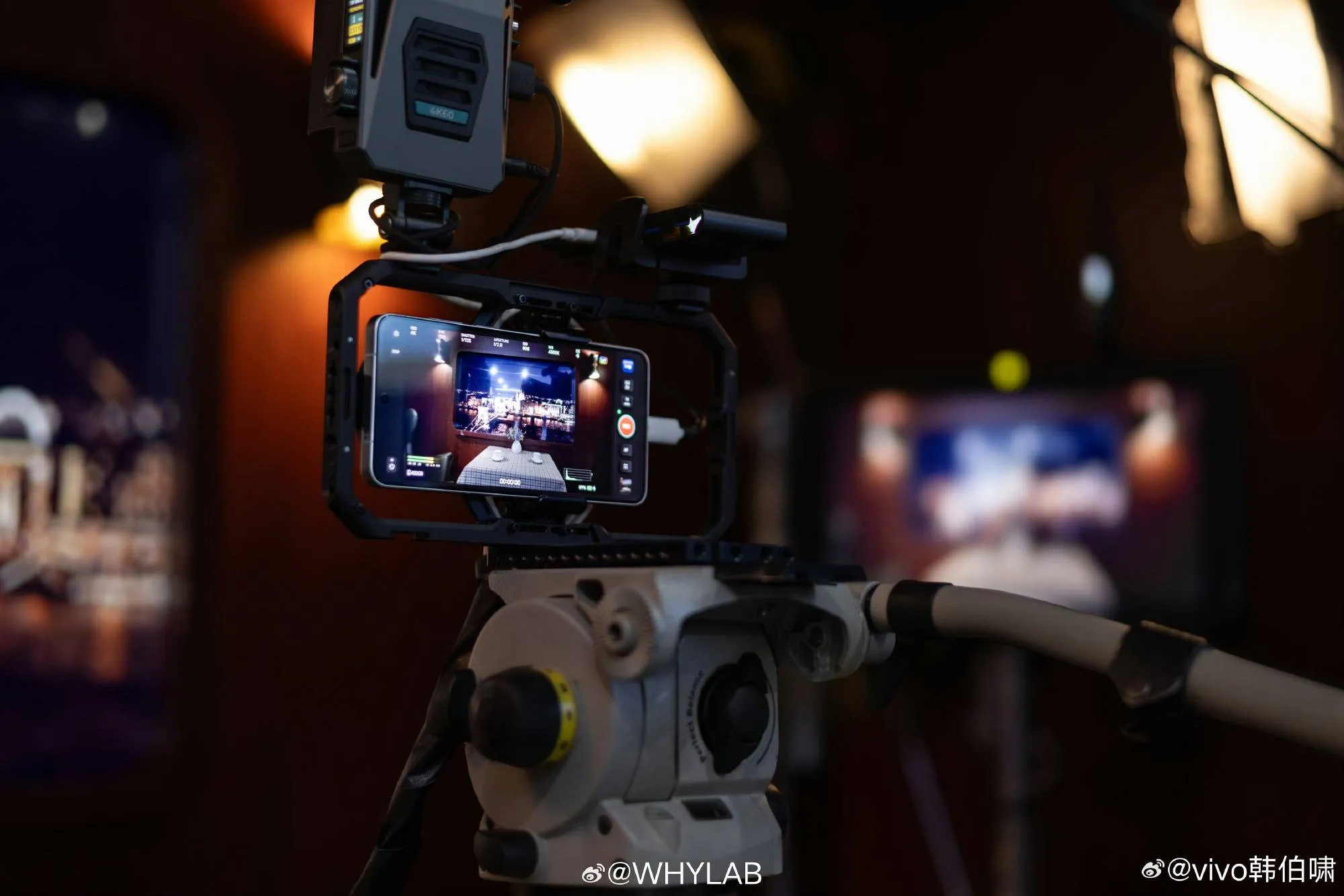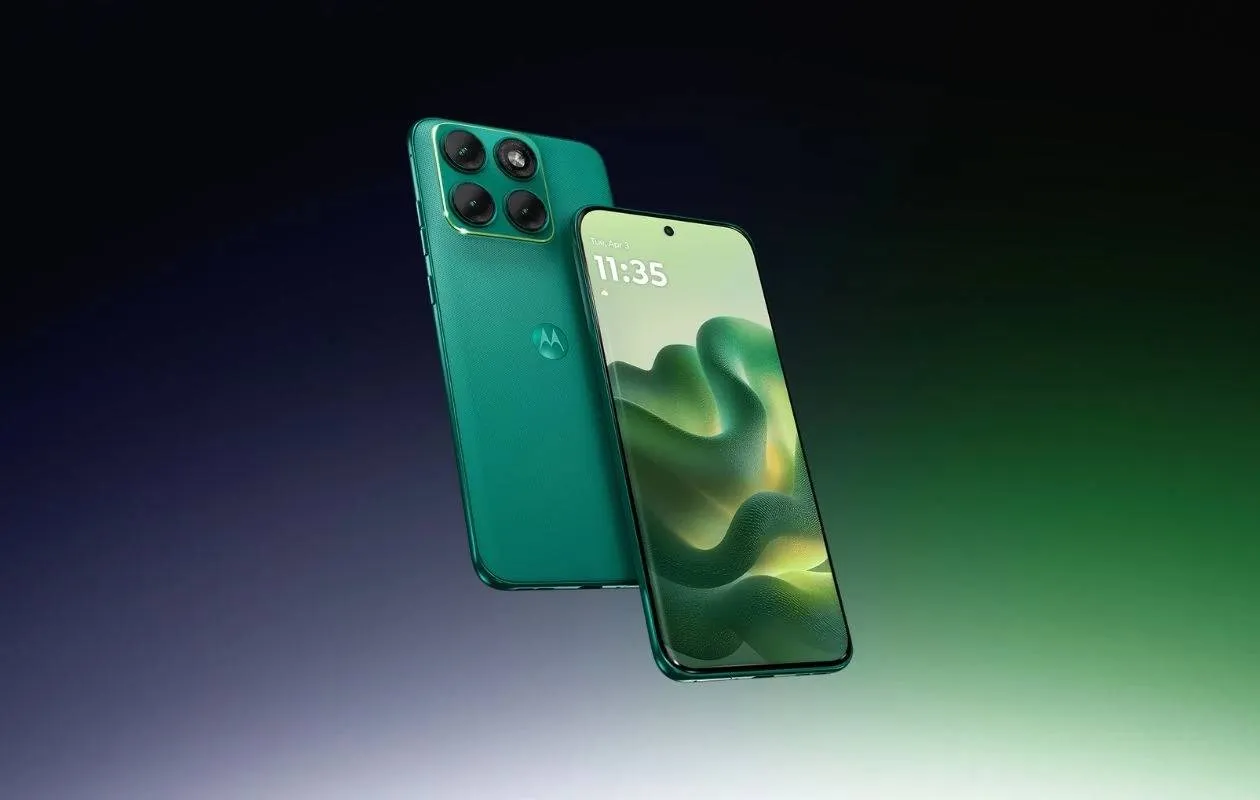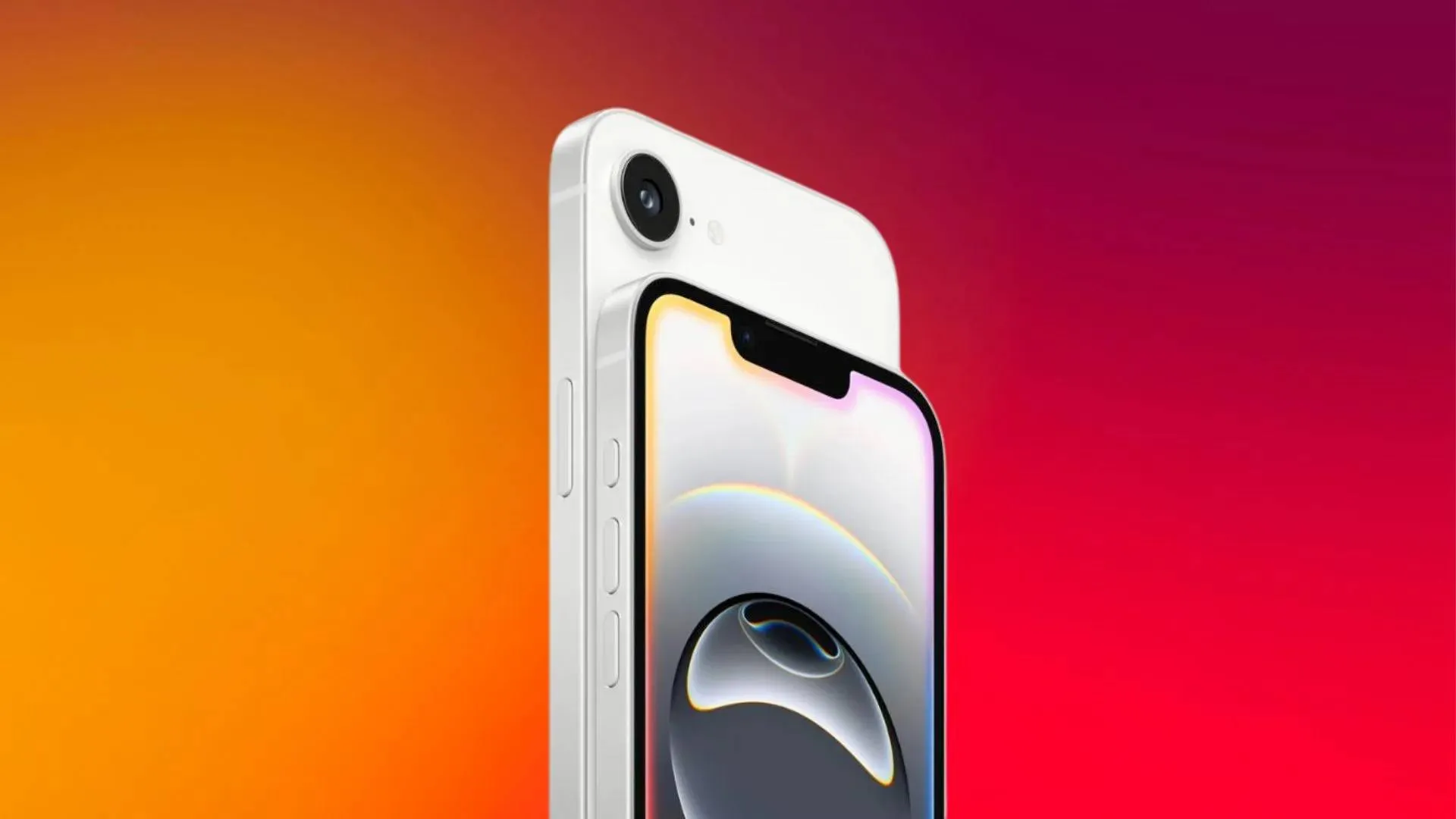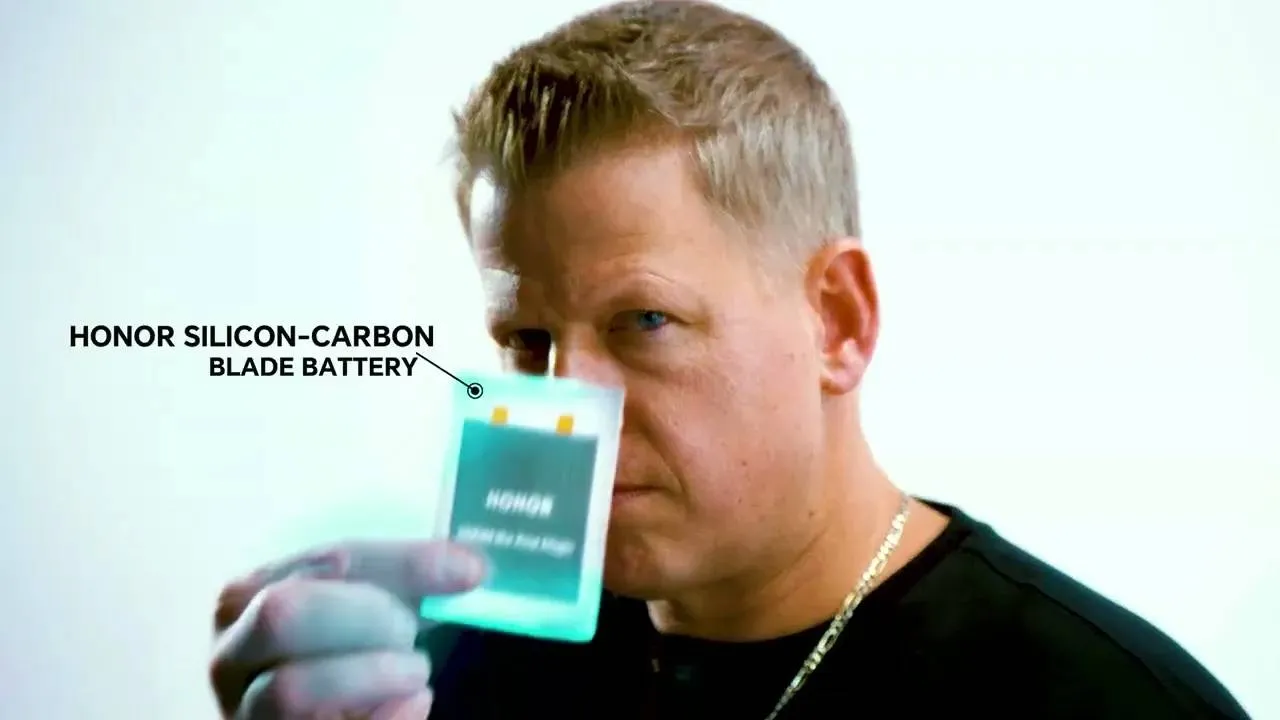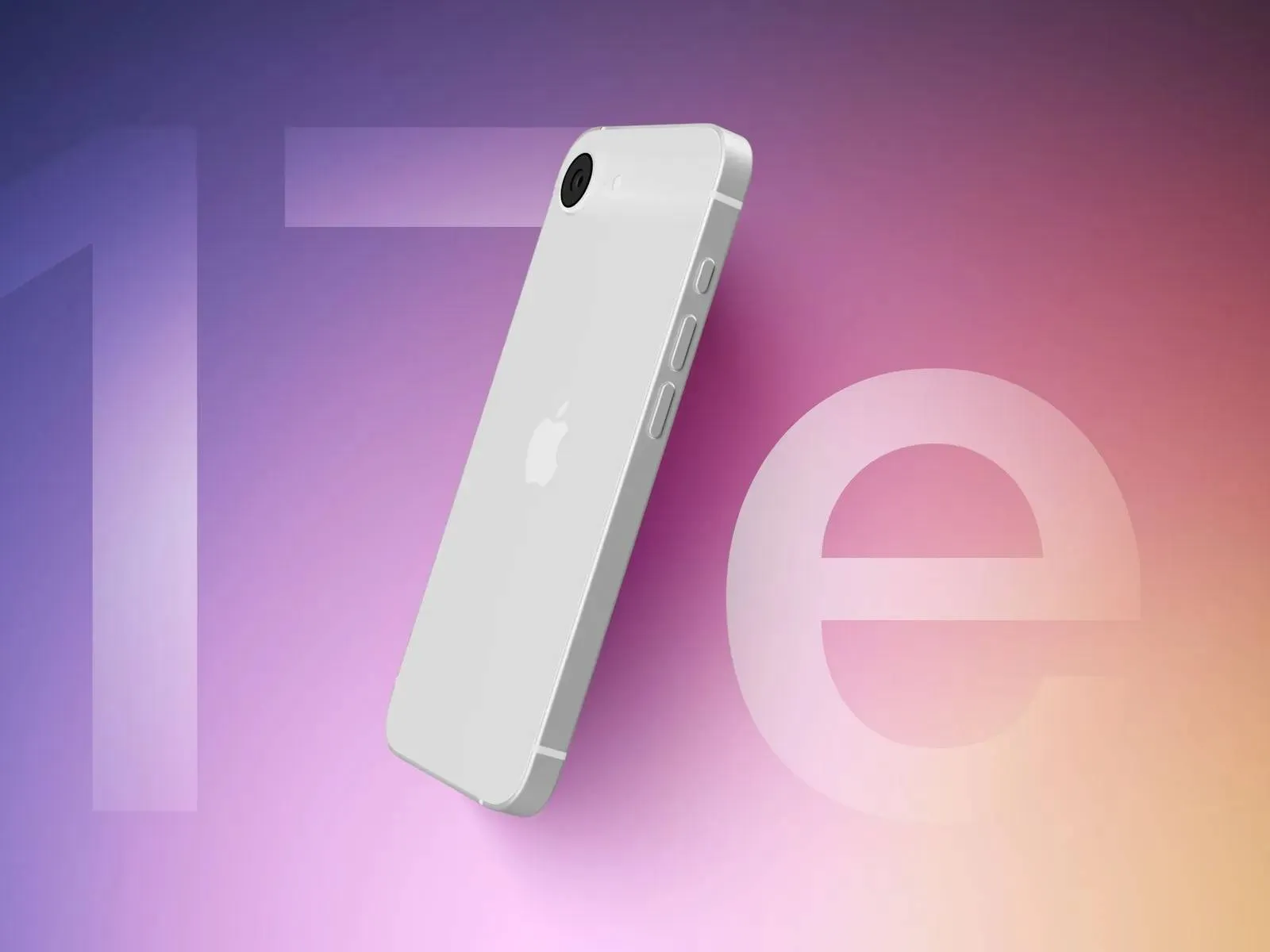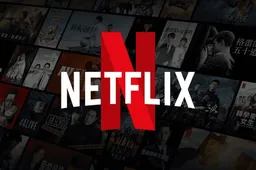Google promises to protect users of its generative AI products from copyright claims
GoogleFriday, 13 October 2023 at 08:42
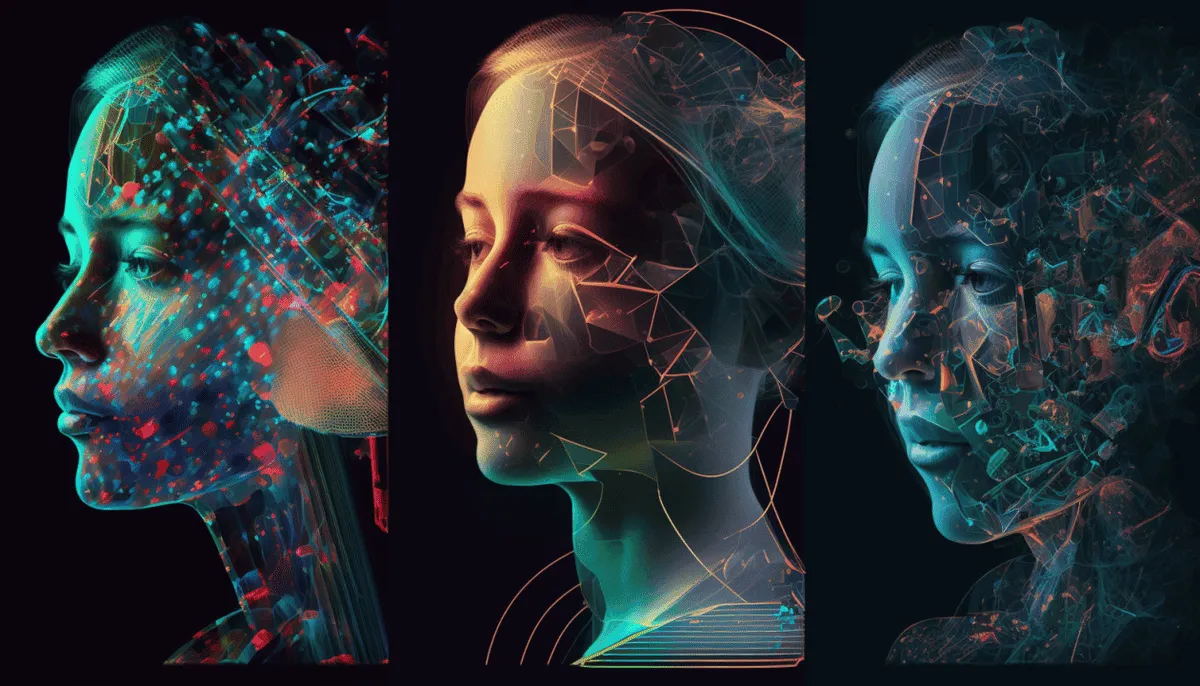
In a blog post today, Google announced that it will protect users of its generative AI products from copyright claims. This means that people who use Google's AI products will get official protection. The aim of this move is to user's fears of the potential risks of generative AI. The move also aligns Google with other brands, such as Microsoft and Adobe, which have also made similar moves. In the blog post, Google made it clear that users will not have anything to worry about. This takes care of the mounting concerns regarding the potential copyright issues associated with generative AI.

Google said in the blog post
"If you are challenged due to copyright issues, we will bear potential legal risks."
Google's Legal Protection
Google explicitly outlined seven products that fall under this legal protection. The products include
- Duet AI in Workspace (including text generation in Google Docs and Gmail, as well as image generation in Google Slides and Google Meet)
- Duet AI in Google Cloud
- Vertex AI Search
- Vertex AI Conversation
- Vertex AI Text Embedding API
- Visual Captioning on Vertex AI
- Codey API
It’s worth noting that this list did not include Google’s Bard search tool. Google said it would follow a "two-pronged, industry-leading" approach to intellectual property compensation. It will cover the results of its training data and underlying model creation. Simply put, if someone is sued for using copyrighted material in Google’s training data, Google will be held legally responsible. Of course, this statement does not apply in cases where users intentionally create or use generated content to infringe the rights of others.
Google has unveiled a distinctive approach to intellectual property indemnification, described as a pioneering two-pronged strategy. Under this initiative, Google extends its protection to encompass both the training data and the outcomes generated from its models. This means if someone gets sued because Google’s training data used copyrighted material, Google will take that legal heat.

Copyright Issues and Lawsuits
Copyright issues have haunted generative AI platforms since they became popular late last year. More lawsuits have now been filed against different brands for allegedly infringing on copyright. One of the latest lawsuits was filed by famous authors like George R.R. Martin, John Grisham, and Jodi Picoult.
Google was hit with a class-action lawsuit in July this year. The company was accused of stealing user data to train its generative AI products. The lawsuit claims that Google did not get the owner's consent. Specifically, the lawsuit said that Google "secretly stole everything that hundreds of millions of Americans created and shared on the Internet".
It adds
"Google must understand. It does not own the Internet, nor does it own our creative works, our expressions of personality, the photos of our families and children, or anything else that belongs to us because we share it online," the lawsuit states. 'Publicly available' never means free to use for any purpose."
Google said in a statement to Reuters at the time that the allegations in the lawsuit were "baseless". The case is still in court and the judge is yet to decide on the matter.
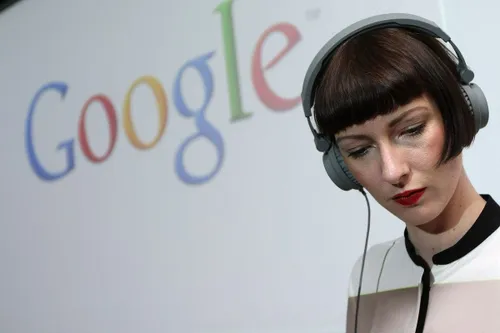
Final Words
Google's commitment to protecting users of generative AI systems within its Cloud and Workspace platforms from allegations of copyright issues is a positive step. This will ensure that people can use its products without fear of legal repercussions.
Google's new policy applies to software, including its Vertex AI development platform and Duet AI system, which generates text and images in Google Workspace and Cloud programs. The press release did not mention Google's more well-known generative AI chatbot program, Bard.
Google has committed to protecting users using its generative AI tools, such as Duet AI and Vertex AI, from intellectual property concerns. This move is a huge step towards ensuring that users can utilize these products without fear of legal repercussions.
Loading
